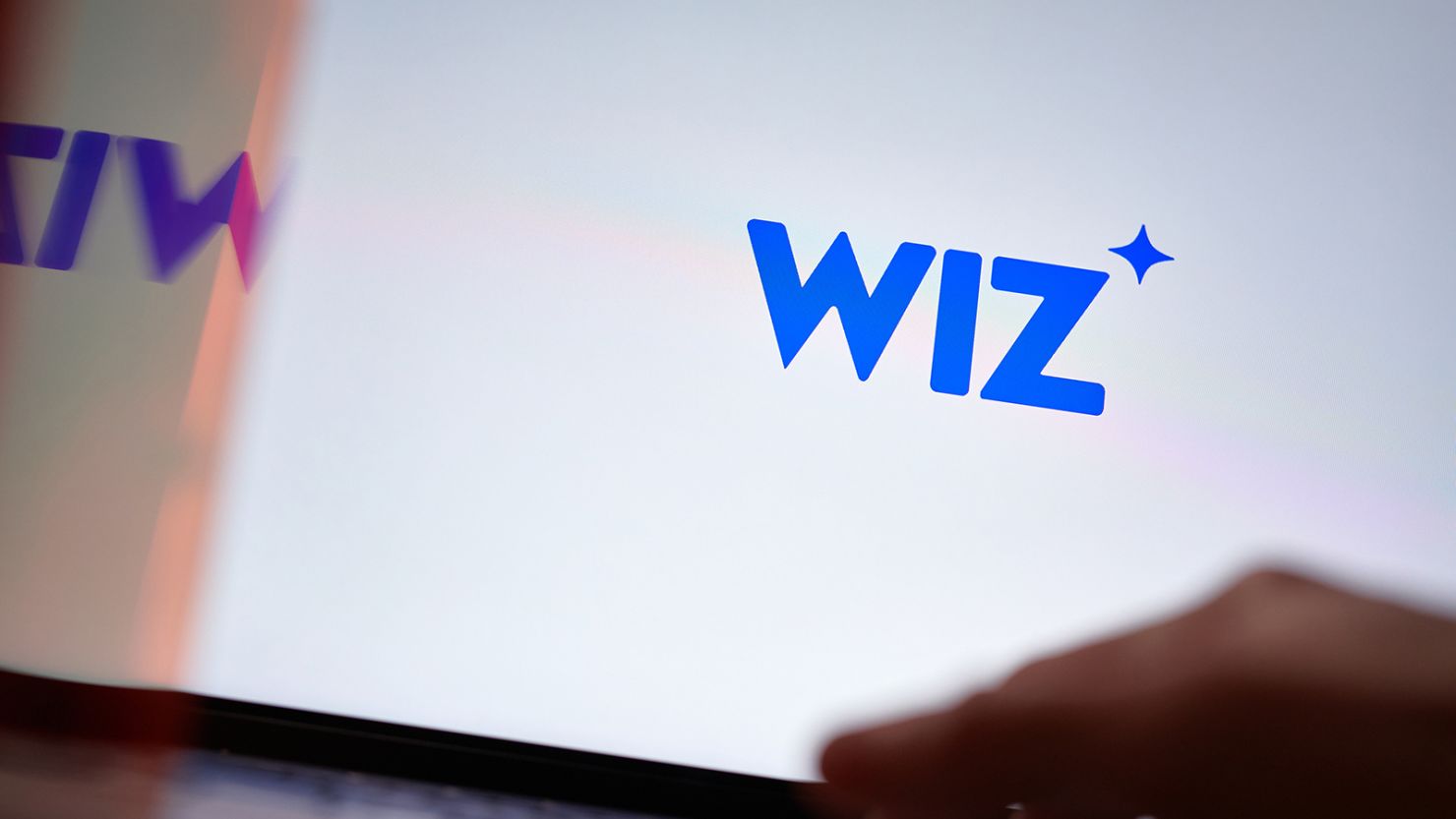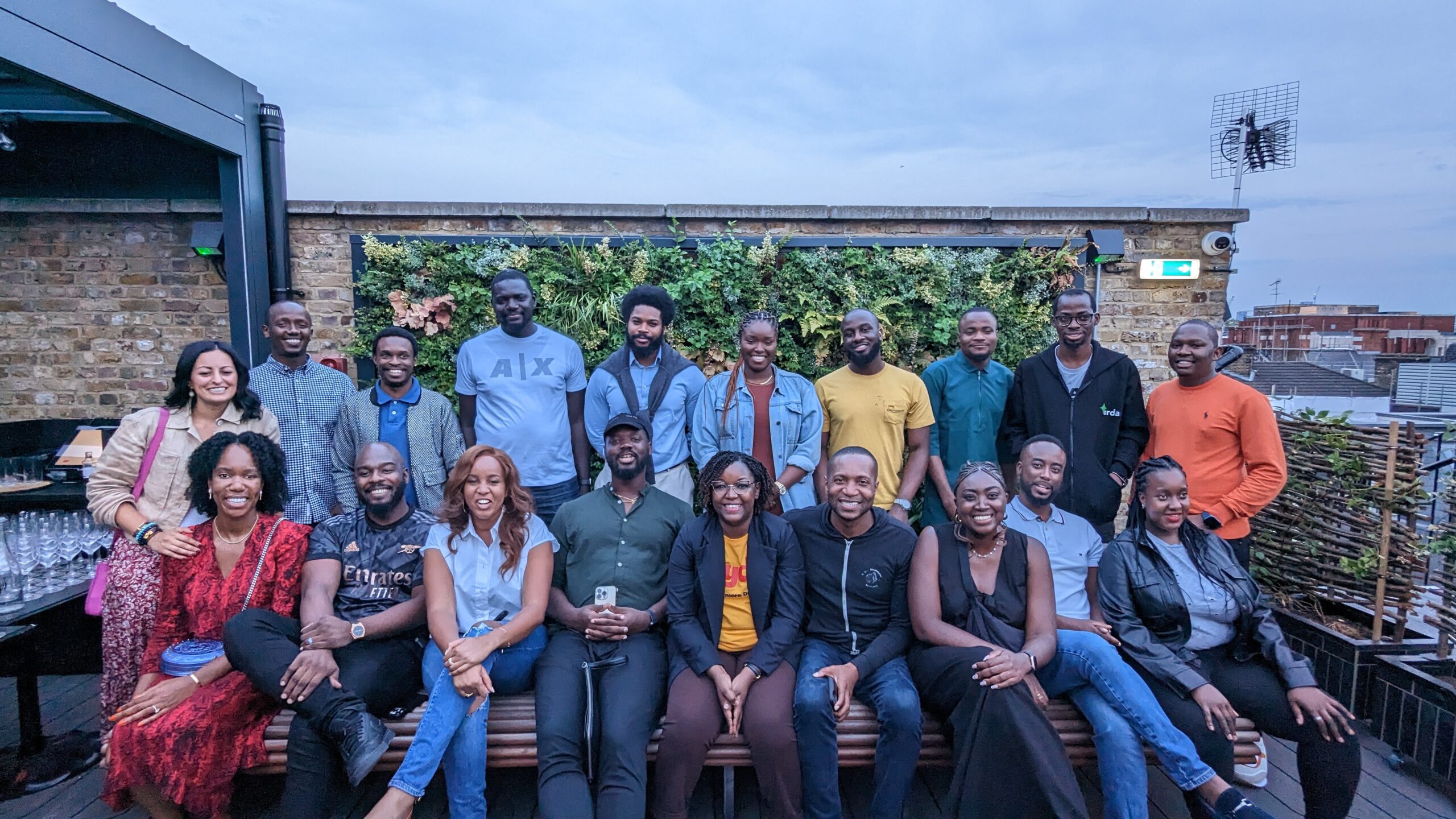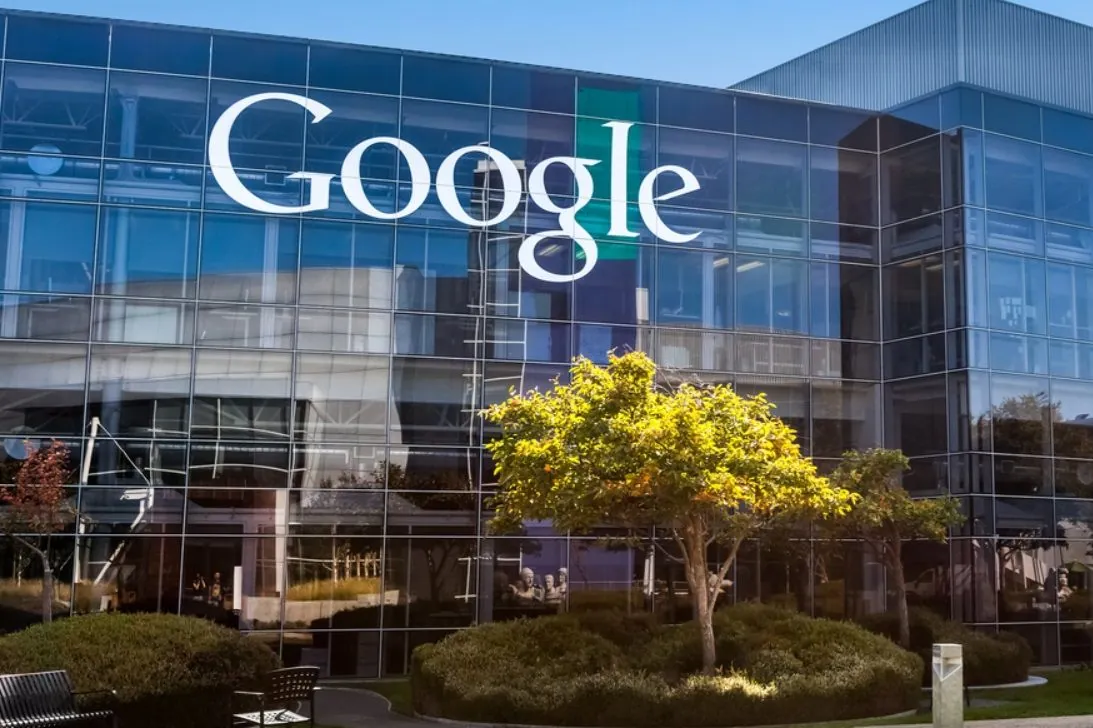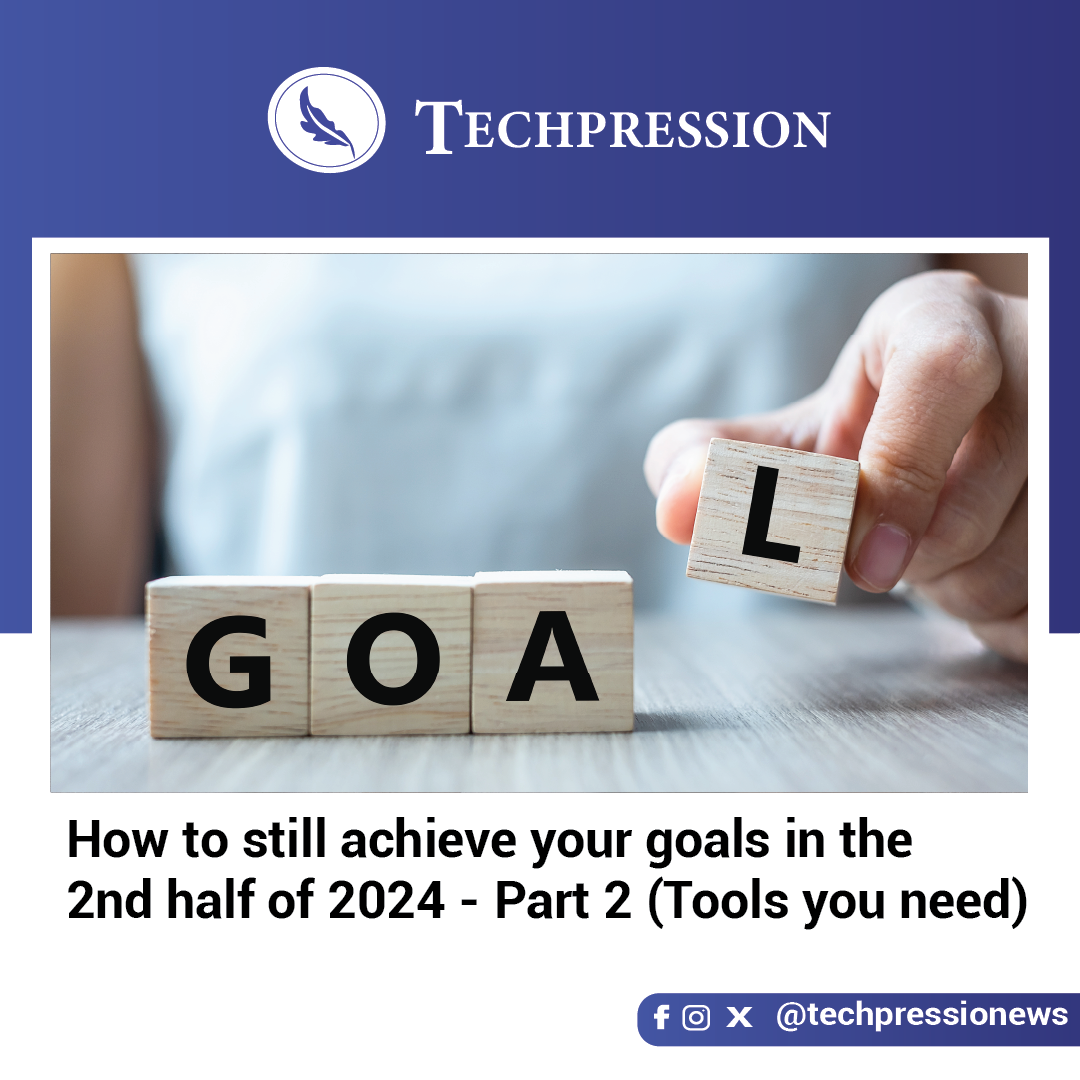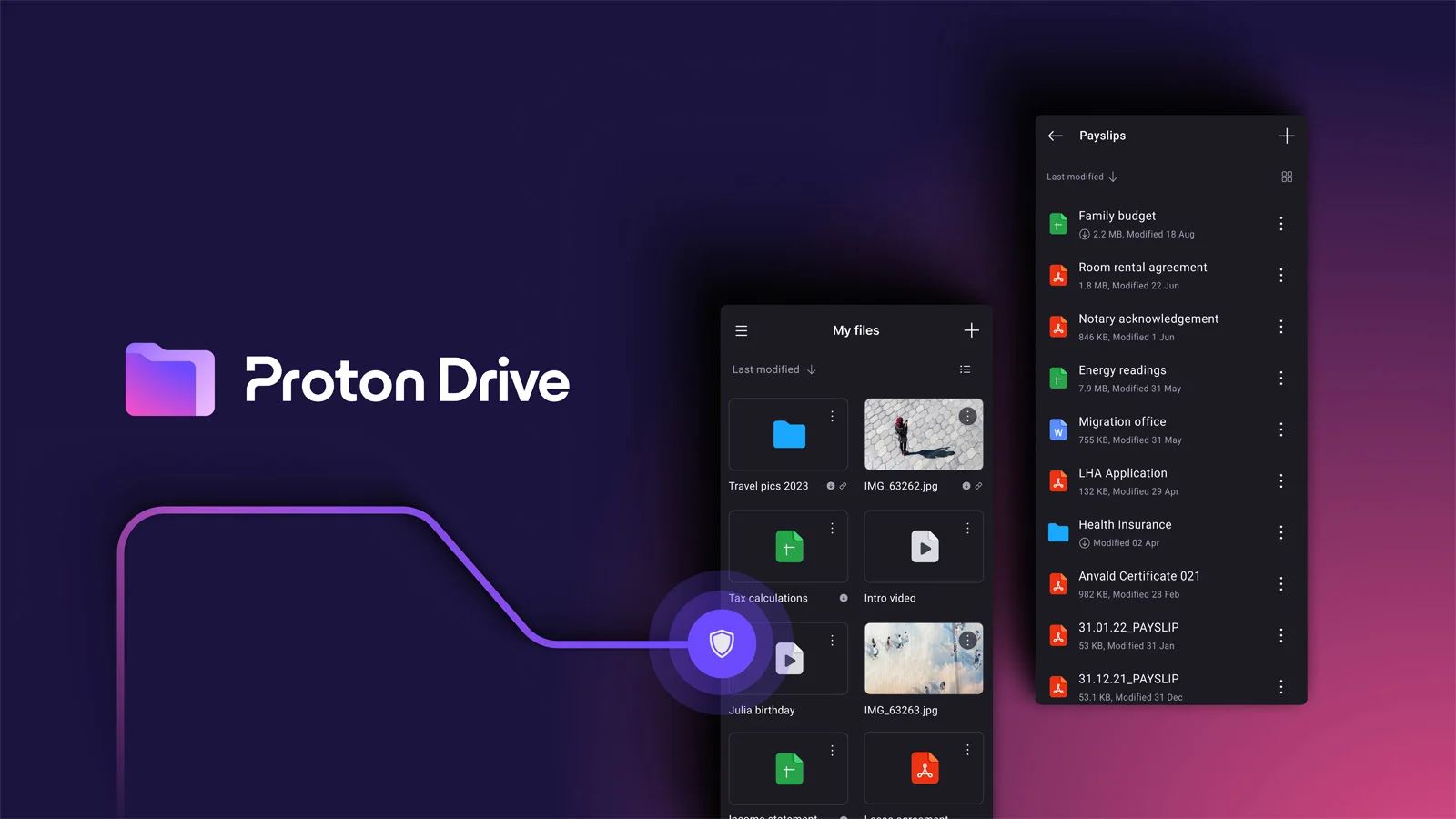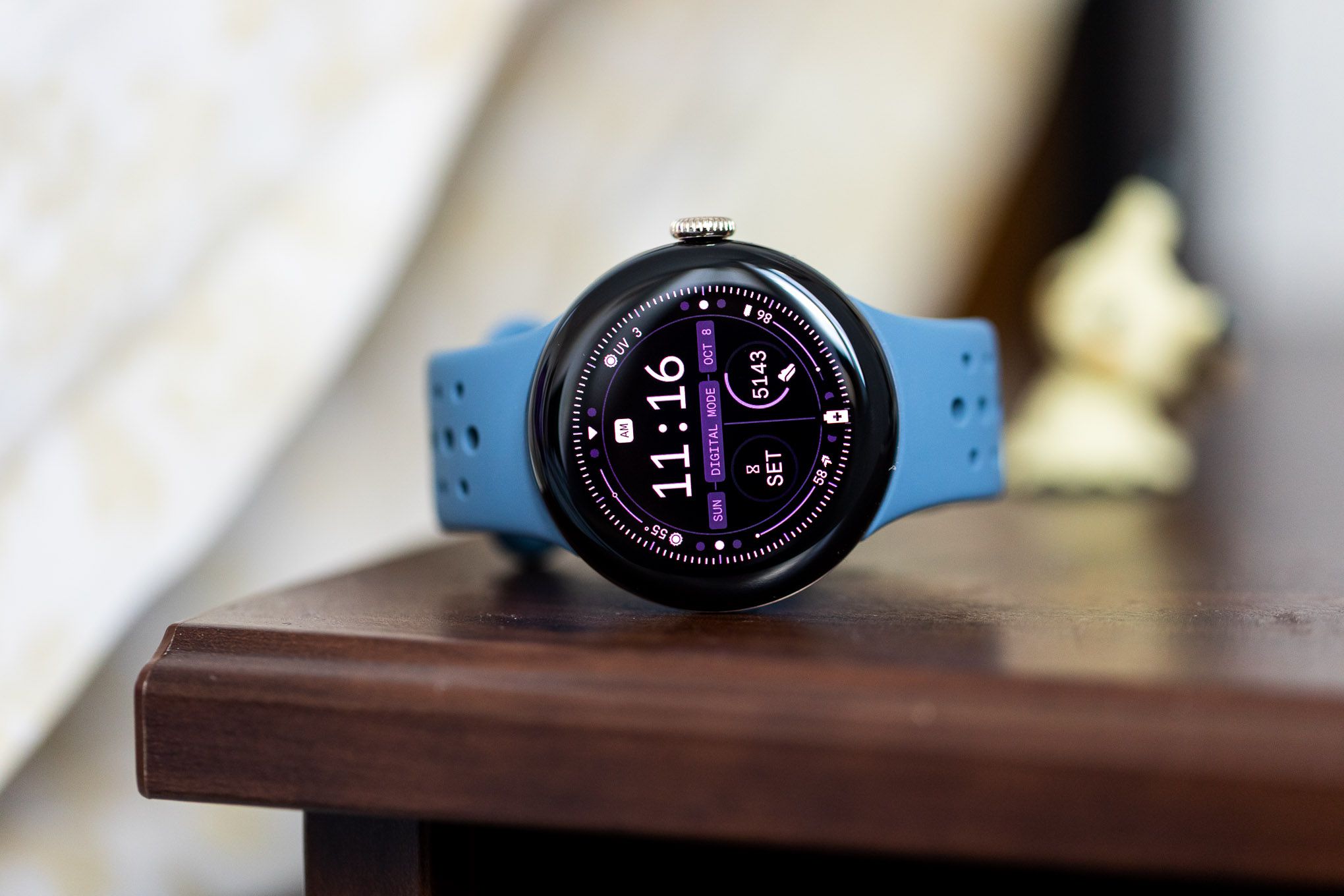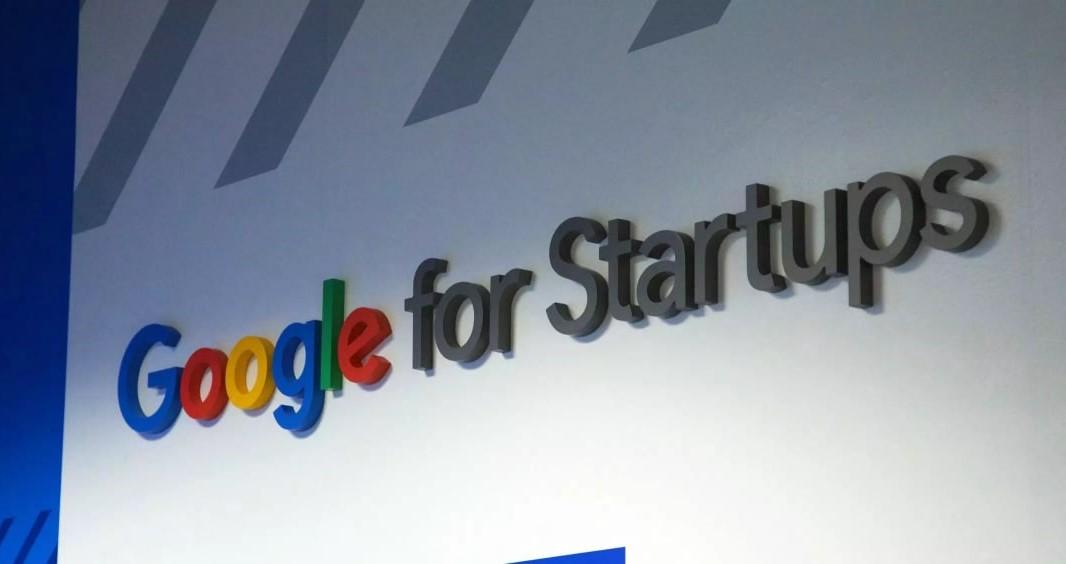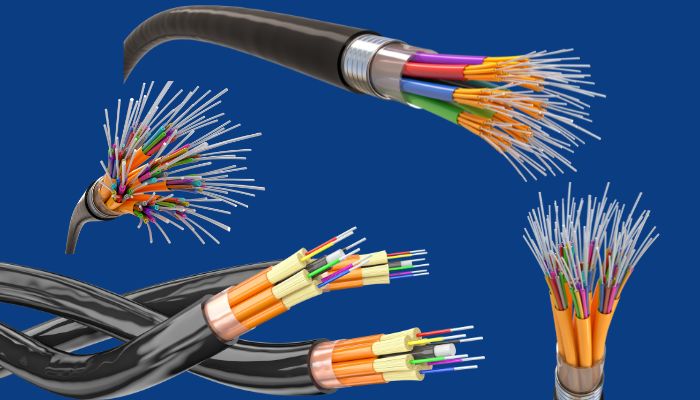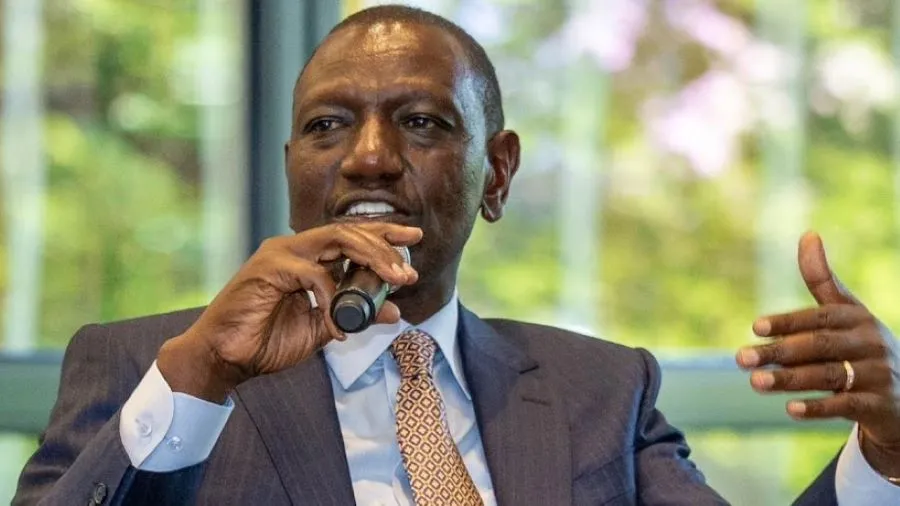Six months completed, six more to go. As a diligent individual with goals and ambitions, this realisation comes with some self-assessment. How close are you to achieving your goals in the second half 2024?
Are you still going to complete that course? Are you still going to start that business? Would you still be able to shed those weights or go back to school? Most importantly, is there still enough time to accomplish these?
As we shared in the previous feature, six months is still enough time to meet your goals; in this feature, we will share productivity tools to help you maximise the remaining six months and achieve your goals.
Read also: How to still achieve your goals in the 2nd-half of 2024 – Part 1
Tools to Set and Track Goals
Achieving your goals in the second half of 2024 requires determination and the right tools to set and track your progress. Here are four essential tools to help you stay on top of your goals and reach your desired outcomes.
Trello
Trello is a versatile project management tool that uses boards, lists, and cards to help you organise tasks and projects visually. It’s perfect for setting and tracking goals because it allows you to break down your objectives into manageable tasks, assign deadlines, and monitor progress.
How to use Trello for goal setting:
Create a board: Start by creating a board for your specific goal. For instance, if your goal is to launch a blog, your board could be titled “Blog Launch.”
Make lists: Divide your goal into stages or categories. For the blog launch, you could have lists like “Planning,” “Content Creation,” “Design,” and “Marketing.”
Add cards: Within each list, create cards for individual tasks. Under “Content Creation,” you might have cards like “Write About Page,” “Draft First Post,” and “Edit Photos.”
Set deadlines: Assign due dates to each card to keep yourself on track. Trello’s calendar view can help you visualise your timeline.
Tracking progress:
Trello’s drag-and-drop interface makes it easy to move cards from one list to another, showing progress from “To Do” to “In Progress” to “Done.” You can also add labels, checklists, and attachments to keep all your information organised in one place.
Google Keep
Google Keep is a simple, user-friendly note-taking app that helps you jot down ideas, make lists, and set reminders. Its integration with other Google services makes it a convenient tool for tracking goals.
How to use Google Keep for goal setting:
Create notes: Make separate notes for each goal. For example, if you want to read more books, you can create a note titled “Reading List 2024.”
Add checklists: Within each note, create checklists to break down your goal into smaller, actionable steps. For the reading goal, your checklist might include the titles of books you plan to read.
Set reminders: Google Keep allows you to set time-based or location-based reminders. You can set reminders for when you need to start a new book or for daily reading sessions.
Colour code: Use colour coding to prioritise your goals. High-priority goals can be marked with a bright colour to stand out.
Tracking progress:
As you complete tasks, check them off your list. Google Keep’s synchronisation across all devices ensures you have access to your goals and updates wherever you go.
Habitica
Habitica gamifies your goal-setting and tracking process. Turning your tasks into a game makes goal achievement fun and motivating. You earn rewards and level up your character as you complete tasks.
How to use Habitica for goal setting:
Create a Character: Start by creating your avatar. This character represents you and gains experience points (XP) and rewards as you complete tasks.
Set up habits, dailies, and to-dos:
Habits: For ongoing goals, like exercising regularly, you can create positive and negative habits. Completing a positive habit (like “Exercise for 30 minutes”) earns you points.
Dailies: For tasks that need to be done daily, like “Read for 30 minutes,” set them up as dailies.
To-dos: One-time tasks, such as “Finish reading ‘Atomic Habits’,” can be set up as to-dos with deadlines.
Join a party: Habitica allows you to join parties and participate in quests with friends. This adds a social aspect, keeping you accountable.
Tracking progress:
You’ll see your character gain XP, level up, and earn rewards as you complete tasks. The visual and interactive nature of Habitica keeps you motivated and engaged.
Notion
The notion is an all-in-one workspace that combines note-taking, task management, and database features. It’s highly customisable and perfect for detailed goal setting and tracking.
How to use Notion for goal setting:
Create a workspace: Set up a workspace dedicated to your goals. You can create pages within this workspace for different aspects of your goals.
Use templates: Notion offers a variety of templates that can help you get started quickly. For example, a project management template can be used to track the progress of a complex goal.
Build databases: For comprehensive tracking, create databases for your goals. You can include deadlines, priority levels, and progress status.
Embed media: Notion embeds images, videos, and links within your notes. This can be useful for adding research materials or inspirational content related to your goals.
Tracking progress:
Notion’s flexibility allows you to view your progress in multiple formats, including lists, calendars, and Kanban boards. You can also set reminders and link-related pages to keep all your goal-related information interconnected.
These tools help you set and track your goals and keep you motivated and organised throughout your journey. You can ensure a productive and successful second half 2024 by leveraging these resources.
Tools to create a timetable and set a deadline
To ensure time doesn’t pass by without you keeping track of it, working with a timetable and setting deadlines would be the way to go. Trello and Google Calendar are among the top tools for this goal.
Trello for timetable
Trello organises projects visually using boards, lists, and cards. Trello boards can be used to establish timetables for projects or timeframes.
Individual tasks or assignments can be represented by cards in lists that reflect project stages or days of the week. Trello lets users set deadlines, describe cards, and attach files or links. As lists develop, the drag-and-drop interface makes task switching easy.
To assist users in meeting deadlines, Trello sends notifications and reminders. Multiple users can contribute and track real-time progress, making it ideal for team projects.
Google Calendar
Google Calendar also helps manage time and deadlines. User-friendly interface lets users organise events and set reminders for specific days and times.
A timetable can be made by scheduling work, appointments, and classes. Events can be customised with location, description, and invitations.
Google Calendar also lets users set events that happen repeatedly, which is helpful for things like weekly talks or study sessions. It’s more valuable when it works with other Google services, like Gmail and Google Meet. Notifications and notes are sent to users’ emails or mobile phones, ensuring that due dates are not missed.
Trello and Google Calendar let users organise and set deadlines. Google Calendar’s simple scheduling and integration suit everyday planning and time management, while Trello’s visual and collaborative approach is ideal for project management.
Sources for motivation
You should consider your development towards your objectives and find the instruments to keep driven and on target as you enter the second half 2024. Although to-do lists and productivity apps are helpful, other strong motivators might help you keep ahead.
Motivational speakers and influencers
Surrounding yourself with motivated people who have reached your intended success is one of the best strategies to keep going. Social media influencers and motivational speakers can help you increase the vitality and positivity required to address your goals directly.
Eric Thomas (@ericthomasbtc), Mel Robbins (@melrobbins), and Tony Robbins (@tonyrobbins) are some of the most motivating speakers to check out in 2024. These people are well-known for their energetic presentations and doable techniques for releasing one’s potential.
Motivational podcasts and audiobooks
Apart from inspirational speakers, podcasts and audiobooks can also be practical tools for keeping driven and concentrated on your objectives. These formats are a handy and readily available source of inspiration since they let you pick up insightful knowledge and guidance even on the go.
Among the highly regarded motivating podcasts you should check out are “The Mindset Mentor” by Rob Dial, “The School of Greatness” by Lewis Howes, and “The Brendon Show” by Brendon Burchard. For inspirational audiobooks, think of classics such as “The Power of Positive Thinking” by Norman Vincent Peale, “Think and Grow Rich” by Napoleon Hill, or “Atomic Habits” by James Clear.
Embrace visualisation and affirmations
Maintaining motivation calls for one to take the mind’s power under consideration. Visualising and positive affirmations are among the ways you can enable your subconscious mind to be reprogrammed and show the success you want.
Spend daily visualising yourself reaching your objectives and repeating affirmations supporting your conviction in your skills and the certainty of your success. This mental workout will help you remain confident in your capacity to surmount any challenge that presents, focused, energised, and accessible.
Including these several sources of inspiration in your daily schedule will help you negotiate the second half of 2024 and fulfil your objectives. Though these outside resources can give the spark you need to keep moving ahead, real inspiration comes from inside.
Sources of accountability and support
Online communities entail joining online forums or social media groups where individuals share goals and progress, providing support and motivation. (Examples: Reddit’s r/goal setting and Facebook’s Goal-Setting Community.)
Accountability partners are all about partnering with someone who shares similar goals or interests, scheduling regular check-ins to track progress and encouraging. (Examples: Find an accountability partner through a friend or colleague or use a platform like Accountability Partner Finder).
Online courses or programs mean one will enrol in structured courses or programs that provide resources, support, and accountability from instructors and peers. (Examples: Coursera’s Goal-Setting course, Skillshare’s Productivity Program).
Mobile apps are another vital source that offers goal-setting tools, tracking features, and accountability mechanisms to help you stay focused and motivated. (Examples: Habitica, Stickk, Forest).
Read also: How Bocasay is shaping the way IT services are offered
Some popular online groups for accountability and support
Each online group provides a unique space for individuals to connect, share goals, and receive support and accountability to help them stay motivated and achieve their objectives.
Goal-Setting & Accountability (Discord) Discord server is where members share goals, progress, and support to foster accountability and motivation.
The Accountability Group (Facebook) is where individuals share goals, receive support, and connect with like-minded individuals for accountability.
Productivity & Goal-Setting (Reddit) is a subreddit where users share goals, strategies, and progress and engage in discussions to stay motivated and accountable.
The Goal-Setting Community (Facebook): A community where members share goals, resources, and support to help each other achieve their objectives.
The Accountability Circle (Slack): A Slack workspace where individuals connect, share goals and receive support and accountability from a community of like-minded individuals.
Please note that accountability is critical to achieving your goals. Find a system that works for you and stay committed to it. What works for you may not work for another person or vice versa.
Contributors: Saibu Grace, Felicia Akindurodoye, Ibukunoluwa Bankole, Esther Abayomi, Modupeoluwa Olalere, Olanrewaju Adeniyi, Ladele Joy.

